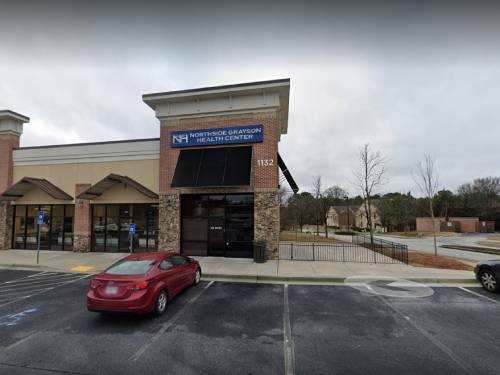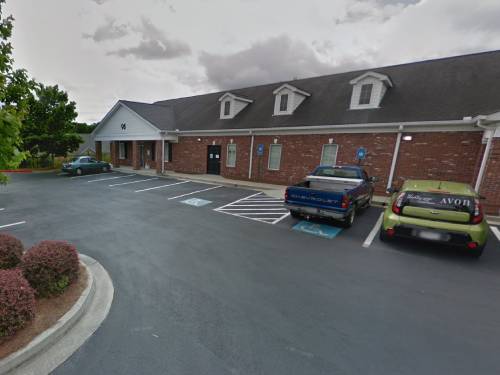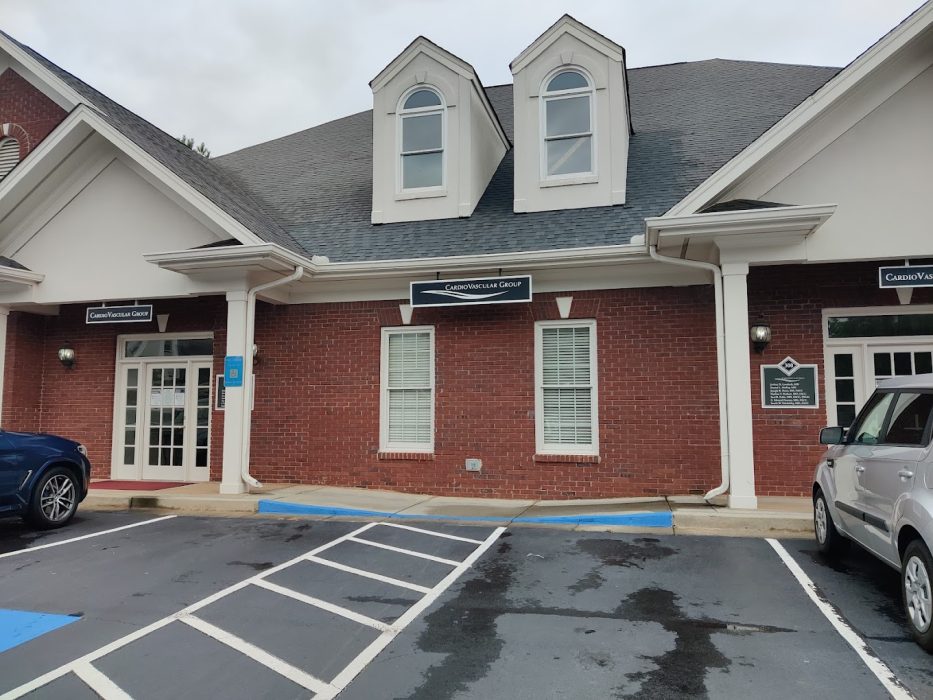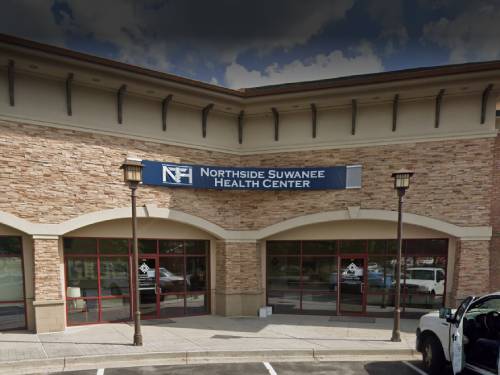Chest X-Ray
Lorem ipsum dolor sit amet, consectetur adipiscing elit.

Chest X-Ray Testing
If you’re like most people, you probably don’t think about chest X-rays too often, but if you need one, it’s good to know what they are and what they can do for you. A chest x-ray is a diagnostic test that uses radiation to create images of the inside of your body. They often help diagnose lung and heart problems and other health conditions. They also allow doctors to monitor conditions over time. So, if you’re feeling under the weather and your doctor orders a chest X-ray, know that it can help get you a precise diagnosis and on the road to recovery.
You’ve probably heard of X-rays for broken bones, but did you know they’re also a valuable tool for assessing your heart health? Chest X-rays provide a quick, non-invasive glimpse into the structure of your heart and lungs, offering important insights that could be crucial for your cardiovascular well-being. If you’re experiencing symptoms like shortness of breath, chest pain, or persistent cough, or if you have risk factors for heart disease, it might be time to visit our Atlanta heart doctors for a chest X-ray.
A chest X-ray allows doctors to see the size and shape of your heart, lungs, and blood vessels. Think of it as a window into your chest, giving your doctor a clear view of structures hidden from sight. This simple yet powerful imaging tool can reveal a wealth of information about your heart’s health.
You might wonder why a chest X-ray is necessary if you’re not feeling any particular symptoms. Many heart and lung conditions can develop silently over time. A chest X-ray can detect enlarged heart chambers, fluid around the heart, calcium deposits in the heart or aorta, or changes in lung structure. It’s often one of the first tests ordered when investigating potential heart issues.
You’ll stand in front of the X-ray machine during a chest X-ray, which is quick and painless. You’ll be asked to hold your breath for a few seconds while taking the image. The images usually take less than 20 seconds. While the radiation exposure is very low, always inform your doctor if you’re pregnant or think you might be.
By visiting our CVG Atlanta heart doctors for a chest X-ray, you’re taking an important step in monitoring your heart health. Our cardiologists can expertly interpret the implication of x-ray abnormalities and spot subtle changes that might indicate developing heart problems. They can use the X-ray results and other tests to evaluate cardiovascular health comprehensively.
During your visit, you’ll receive personalized testing and treatment. Our doctors will explain the X-ray findings in detail. If the X-ray reveals abnormalities, they’ll prescribe further testing or treatment as needed. Even if the X-ray is normal, it provides a valuable baseline for future comparisons.
Don’t wait for severe symptoms before checking your heart health. Schedule an appointment with our Atlanta heart doctors today for a chest X-ray and comprehensive cardiac evaluation. This simple test could provide crucial information about your heart’s condition, allowing for early intervention.
Continue reading about our chest X-ray procedures and how CVG provides comprehensive cardiac care.
What is a Chest X-ray?
A chest X-ray is a necessary diagnostic imaging test for many people. Radiation helps produce an image of various areas of the surrounding chest, such as the bones of the chest, heart, lungs, bronchi, aorta, arteries, and the middle of the chest. This tool can also identify fluid in or around the lungs.
Some patients need multiple chest X-rays so physicians can obtain a baseline and track conditions over time.X-rays are a convenient, efficient imaging technique that provides life-saving information to doctors. Thankfully, chest X-rays only offer a minimal amount of radiation, which benefits those needing one.
Chest x-rays are performed at an outpatient hospital or imaging setting. Once the X-ray is complete, a radiologist analyzes the black-and-white image and sends the results to your doctor’s office, which will contact you about the results.
Overall, a chest X-ray is quick, easy, and painless. Take advantage of this if you want to check on a health concern, or your doctor advises you to get one.
Why Someone Might Need a Chest X-ray
Anyone who goes to the doctor for chest pain, trouble breathing, or a chest injury may be asked to get a chest X-ray. People with suspected pneumonia, such as in COVID cases, will go for an X-ray so doctors can see what is happening in the lungs. This type of X-ray can also identify cancer, broken bones, hernias, specific heart problems, and emphysema, among other conditions.
Health experts at the Mayo Clinic reveal more specifically what information a chest X-ray can provide to doctors and their patients:
- Chest X-rays can show the condition of the lungs by detecting cancer, infection, or air collecting in the space around a lung. They can also show chronic lung conditions, such as emphysema or cystic fibrosis, and complications related to these conditions.
- Chest X-rays can show heart problems that are associated with the lungs. Congestive heart failure, for example, begins in the lungs. Doctors can also see fluid surrounding the lungs with this type of X-ray.
- Chest X-rays can show changes in the size and shape of your heart, which may indicate heart failure, fluid around the heart, or heart valve problems.
- Chest X-rays can reveal problems with the aorta, pulmonary arteries, and veins. They can also show calcium deposits in the heart or lungs and damage to heart areas.
- Chest X-rays can identify rib or spine fractures or other problems with bone.
- Chest X-rays can help monitor recovery after surgery.
- Chest X-rays can monitor the placement of a pacemaker, defibrillator, or catheter to ensure everything is positioned correctly.
As you can see, this technology is an instrumental and a life-saving staple among doctors’ offices and hospitals. It is a fast way to identify problematic conditions, monitor ongoing medical issues, and determine necessary treatment paths.
Conclusion
In your lifetime, you may need a chest X-ray at some point. The testing is nothing to be afraid of, and the process is relatively efficient. Chest X-rays are ordinary and helpful for many reasons: They can reveal much about what’s happening inside our lungs, heart, and chest cavity. Plus, chest X-rays are often one of the best ways to understand what might be wrong before moving on to more invasive procedures. If you’re experiencing any lung issues or your doctor has recommended you get a chest X-ray, we recommend you follow through and we will be happy to review the report for any cardiac implications.
The expert cardiologists at Cardiovascular Group throughout Gwinnett County deal with heart-related conditions daily that may require a chest X-ray. Contact them if you have questions about your health concerns.
Why Choose CVG?
Related Conditions:
- Causes And Treatment For Heart Arrhythmia
- Causes And Treatment Of Pulmonary Stenosis
- Expert Insights on Cardiac Catheterization
- Expert Insights on Low Blood Pressure
- Exploring the Latest Advances in Atrial Fibrillation Treatment
- Dangerously high cholesterol?
- Get Your Blood Pressure Test Today!
- Understanding Electrical Cardioversion
- What Are ACE Inhibitors Used For?
- What foods are high in cholesterol?
- What Heart Flutters Can Mean
- What is Heart Failure & How to Treat it?
- What Is The Success Rate Of The Watchman Procedure?
Top Conditions:
- How long can someone live with an enlarged heart?
- Pros and Cons of the Watchman Device
- Risks and Complications of Cardiac Catheterization
- Side Effects Of The Watchman Device
- The Benefits of Cardiac Catheterization
- The Dangers Of High Blood Pressure
- The Dangers Of High Cholesterol
- The Watchman Implant Procedure
- Tips To Lower High Cholesterol
- Understanding Cardiac Catheterization
Call to Schedule an Appointment
Board-certified Doctors
CVG’s twenty board-certified heart doctors will guide you through your healthcare journey with the utmost compassion and individual attention. We aim to provide you with state-of-the-art cardiac care that includes the full spectrum of services, from testing to diagnosis and treatment. The doctor/patient relationship is built on trust. Through our combined efforts, we can conquer any challenge that comes our way.
Invasive therapies may also treat an abnormal heart rhythm, such as electrical cardioversion, which sends electrical impulses through your chest wall and allows normal heart rhythm to restart, or catheter ablation that disconnects the abnormal rhythm’s pathway. Suppose your doctor determines that electrical devices are the best course of action. In that case, you may be given a permanent pacemaker, an implantable cardioverter-defibrillator (ICD), or biventricular (B-V) pacemakers and defibrillators.
How CVG Can Help
CVG offers multiple services that can discover an enlarged heart or conditions that will lead to it. At CVG, we perform stress tests that will observe blood flow and test for various forms of heart disease. There are three types of stress tests that we perform:
- A treadmill test is a test in which you will walk on a treadmill that gets faster and steeper every 3 minutes. This will stress your heart so that our nurse or doctor can determine your heart rate and blood pressure.
- An echo test is performed before and after your treadmill test to determine how well your heart pumps blood.
- A nuclear stress test is a treadmill test that is prefaced by an injection of medicine that shows the flow of blood to your heart.
We also offer cardiac catheterization to diagnose and treat several heart issues. If any of these tests determine a problem, we offer treatment solutions such as atrial fibrillation testing and catheter ablation. Learn more about our services here, or schedule an appointment to talk to our doctors.
Schedule Your Appointment with a CVG Atlanta Area Cardiologist
Expertise, experience, and compassion are the pillars of CVG’s patient-centered cardiac care. Please schedule your appointment with CVG today. Call (770) 962-0399 or 678-582-8586. You may also request an appointment online. If you have an emergency, don’t contact us online; please call 911.
Locations That Treat Chest X-Ray












